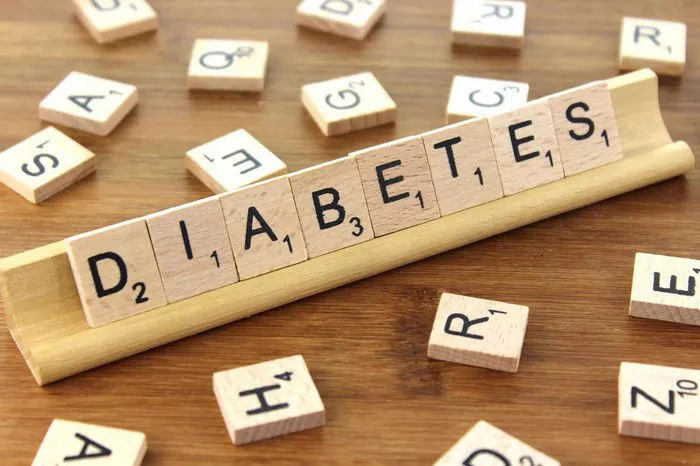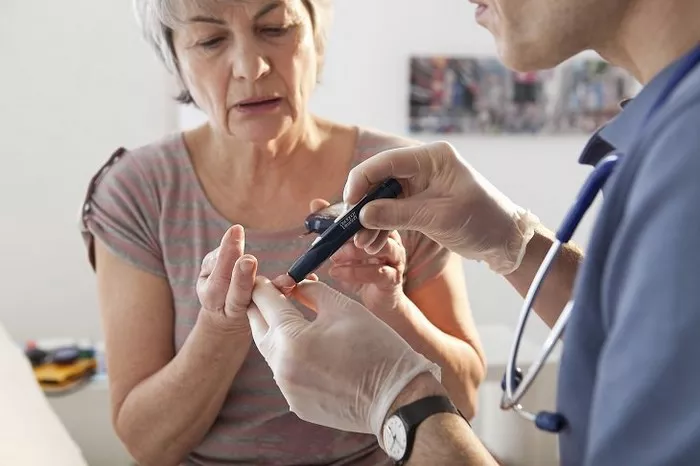Diabetes mellitus, commonly referred to as diabetes, is a chronic metabolic disorder characterized by high blood sugar levels over a prolonged period. It is a complex condition that affects millions of individuals worldwide and poses significant challenges to healthcare systems globally. In this article, we aim to provide a thorough understanding of diabetes, focusing particularly on type 2 diabetes and its association with insulin resistance.
Definition and Explanation
Type 2 diabetes is a metabolic disorder characterized by insulin resistance, impaired insulin secretion, and elevated blood sugar levels. Insulin resistance occurs when the body’s cells become less responsive to the action of insulin, a hormone produced by the pancreas that regulates blood sugar levels. As a result, glucose remains in the bloodstream, leading to hyperglycemia. Insulin resistance is a key feature of type 2 diabetes, although not all individuals with insulin resistance develop diabetes.
Physiological Mechanisms:
Insulin resistance develops gradually as a result of cellular changes that interfere with insulin signaling pathways. Adipose tissue, particularly visceral fat, releases inflammatory cytokines and adipokines that impair insulin action in peripheral tissues such as muscle and liver. Additionally, chronic inflammation and oxidative stress contribute to insulin resistance by disrupting cellular metabolism and insulin signaling cascades. Ultimately, insulin resistance leads to compensatory hyperinsulinemia and impaired glucose uptake, culminating in elevated blood sugar levels characteristic of type 2 diabetes.
Symptoms and Diagnosis:
Common symptoms of insulin resistance and type 2 diabetes include increased thirst, frequent urination, fatigue, blurred vision, and slow wound healing. However, many individuals with insulin resistance or early-stage diabetes may be asymptomatic. Diagnosis typically involves blood tests to measure fasting blood glucose levels, oral glucose tolerance tests, and hemoglobin A1c tests to assess long-term glycemic control. Additionally, healthcare providers may perform physical examinations and assess risk factors such as family history and obesity.
Untreated or poorly managed type 2 diabetes and insulin resistance can lead to various complications, including cardiovascular disease, neuropathy, nephropathy, retinopathy, and diabetic foot ulcers. Prolonged hyperglycemia damages blood vessels and nerves, increasing the risk of heart attacks, strokes, kidney failure, and vision loss. Moreover, diabetes-related complications significantly impact quality of life and mortality rates, underscoring the importance of timely diagnosis and effective management.
Management and Treatment:
Management of insulin resistance and type 2 diabetes involves lifestyle modifications, including dietary changes, regular physical activity, weight management, and smoking cessation. A balanced diet rich in fruits, vegetables, whole grains, lean proteins, and healthy fats can help control blood sugar levels and reduce insulin resistance. Additionally, healthcare providers may prescribe oral medications such as metformin, sulfonylureas, and thiazolidinediones to improve insulin sensitivity and regulate glucose metabolism. In advanced cases, insulin therapy may be necessary to achieve glycemic control.
Prevention:
Preventing or delaying the onset of type 2 diabetes and managing insulin resistance effectively require a multifaceted approach. Lifestyle interventions aimed at promoting healthy eating habits, increasing physical activity, and maintaining a healthy weight are paramount. Emphasizing the importance of regular medical check-ups and early intervention can help identify individuals at risk of developing diabetes and implement preventive measures promptly. Moreover, raising awareness about diabetes risk factors and promoting community-based interventions can contribute to population-wide prevention efforts.
Lifestyle Recommendations
Adopting a healthy lifestyle is essential for managing diabetes and insulin resistance effectively. Meal planning, portion control, and carbohydrate counting can help regulate blood sugar levels and prevent spikes. Engaging in regular exercise, such as aerobic activities, strength training, and flexibility exercises, improves insulin sensitivity and promotes overall health. Stress management techniques, mindfulness practices, and adequate sleep are also integral components of diabetes self-care.
Expert Insights
Dr. Emily Johnson, a board-certified endocrinologist, emphasizes the importance of personalized diabetes management strategies tailored to individual needs and preferences. “Effective diabetes management requires a collaborative approach involving healthcare providers, patients, and support networks,” says Dr. Johnson. “Empowering patients with knowledge, skills, and resources enables them to take control of their health and achieve optimal outcomes.”
Conclusion
Diabetes is a complex metabolic disorder with significant implications for health and well-being. Understanding the relationship between type 2 diabetes and insulin resistance is crucial for effective prevention, diagnosis, and management. By addressing the causes, symptoms, complications, and treatment options associated with diabetes, individuals can make informed decisions and adopt healthy lifestyle practices to optimize their health outcomes. With ongoing research advancements and comprehensive care approaches, there is hope for better management and prevention of diabetes in the future.
Related Topics:
How Often Should Blood Sugar Levels Be Checked?


























